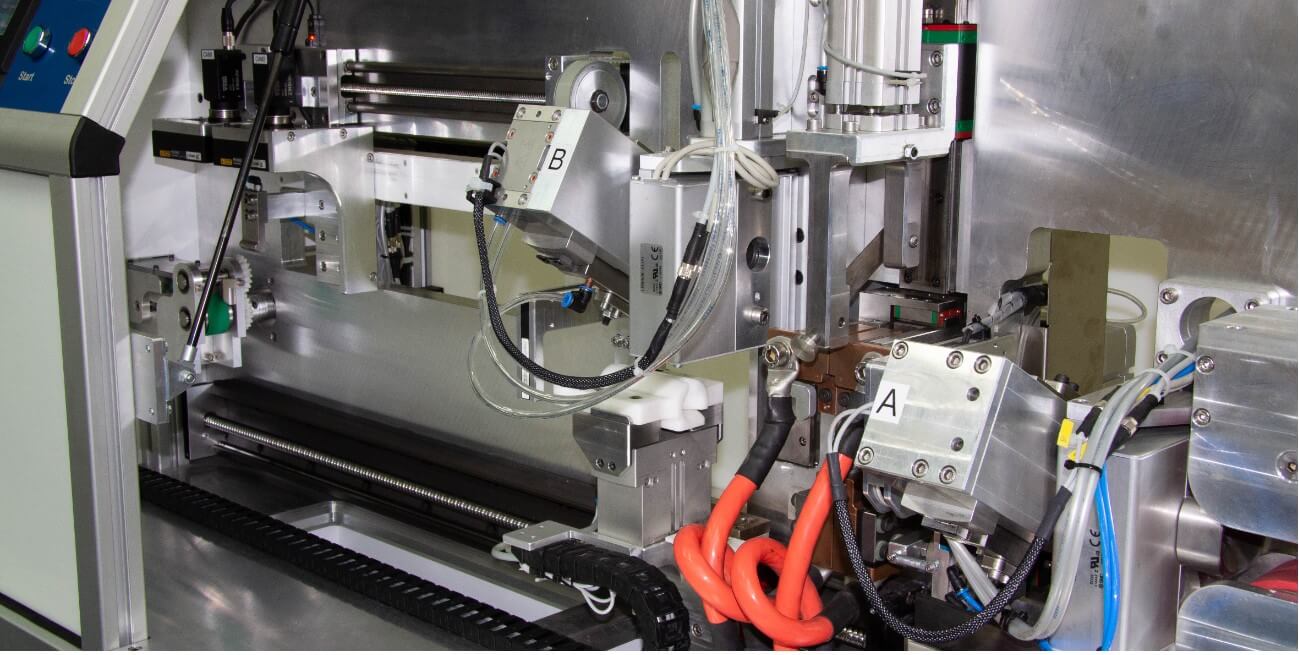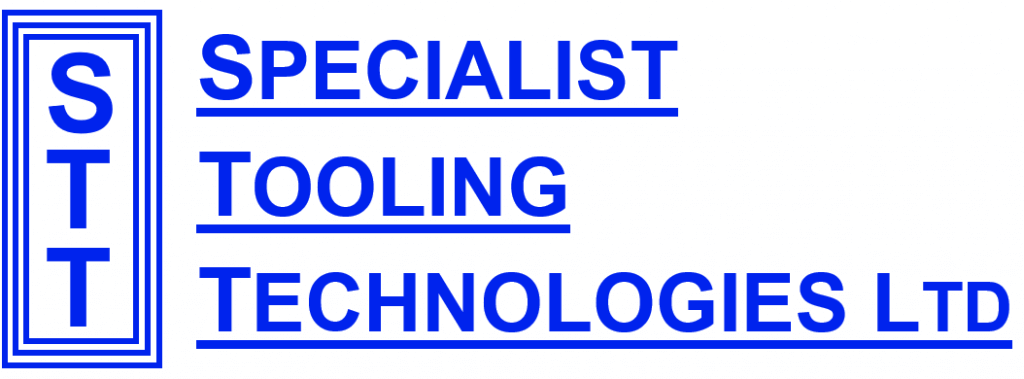Introduction
Leak testing is a critical component in the manufacturing process, particularly for industries where product integrity is paramount, such as automotive, aerospace, and medical devices. Despite its importance, many manufacturers face challenges in achieving consistent leak testing results, leading to increased costs, product failures, and regulatory non-compliance. This article delves into the hidden costs of inconsistent leak testing and explores how automation, cobot integration, custom engineering, and data traceability can enhance efficiency and reliability in leak detection processes.
Repeatable Accuracy on Every Cycle
The Importance of Consistency in Leak Testing
Consistency in leak testing is crucial for maintaining product quality and performance. Inconsistent results can arise from various factors, including human error, environmental variations, and equipment malfunctions. These inconsistencies can lead to unexpected leaks in finished products, which not only compromise safety but also result in costly recalls and damage to brand reputation. Therefore, achieving repeatable accuracy is essential for manufacturers to ensure that their products meet stringent quality and regulatory standards.
Moreover, consistent leak testing can significantly reduce the overall cost of production. By identifying leaks early in the manufacturing process, companies can take corrective actions before products reach the market. This proactive approach minimizes the risk of defective products, reduces warranty claims, and enhances customer satisfaction. In contrast, inconsistent testing can lead to increased rework, higher scrap rates, and extensive downtime, all of which negatively impact the bottom line.
Techniques for Achieving Repeatable Results
To achieve repeatable results, manufacturers can implement several techniques. First, standard operating procedures (SOPs) should be established to guide operators through each testing cycle. These SOPs should include detailed instructions on setup, testing methods, and maintenance schedules for leak testing equipment. Regular training for personnel is also vital, ensuring that all operators understand the procedures and are familiar with the equipment they are using.
Additionally, using calibrated and validated equipment is essential for maintaining consistency. Leak testing devices should be regularly serviced and calibrated to ensure accurate measurements. Employing advanced leak detection technologies, such as mass flow or vacuum decay testing, can also enhance the precision of results, as these methods are less prone to variations than traditional techniques.
Automation and Cobot Integration to Remove Operator Fatigue
Benefits of Automation in Leak Testing
Automation offers significant advantages in leak testing operations. By reducing manual intervention, automation minimizes the potential for human error and ensures that tests are performed consistently across batches. Automated leak testing systems can operate continuously, leading to increased throughput without compromising quality. This scalability makes it easier for manufacturers to meet rising production demands while maintaining stringent quality controls.
Furthermore, automated systems can collect and analyze data in real-time, providing immediate feedback on test results. This data-driven approach allows manufacturers to quickly identify trends, enabling them to make informed decisions about process improvements and adjustments. By integrating automation into leak testing processes, companies can enhance their overall efficiency and achieve higher levels of reliability in their product quality.
Role of Cobots in Enhancing Efficiency
Collaborative robots (cobots) represent a significant advancement in manufacturing operations, particularly in leak testing. Unlike traditional industrial robots, cobots are designed to work alongside human operators, enhancing their capabilities rather than replacing them. This integration helps alleviate operator fatigue, as cobots can handle repetitive and physically demanding tasks, allowing workers to focus on more complex aspects of the testing process.
Cobots can be programmed for various leak testing tasks, including setup, operation, and monitoring. By taking over routine tasks, they reduce the workload on human operators and improve overall efficiency. Additionally, cobots can be easily reconfigured for different testing setups, making them highly adaptable to changing production needs. This flexibility ensures that manufacturers can maintain consistent quality while quickly responding to market demands without incurring significant downtime or costs.
Custom Engineering to Suit Your Exact Product and Process
Tailoring Leak Testing Solutions
Every manufacturing operation has unique requirements, and one-size-fits-all solutions often fall short of delivering the desired results. Custom engineering for leak testing systems allows manufacturers to design tailored solutions that align with their specific product characteristics and production processes. This customization can encompass various aspects, including the type of testing method employed, the design of the testing fixtures, and the integration of the testing equipment into existing workflows.
For example, a manufacturer producing highly sensitive medical devices may require a different leak testing approach than one producing automotive components. By working with engineering specialists, manufacturers can develop bespoke testing solutions that optimize performance and accuracy, ensuring that their products consistently meet the required standards.
Case Studies of Successful Custom Implementations
Several manufacturers have successfully implemented custom-engineered leak testing solutions, resulting in significant performance improvements. For instance, a medical device manufacturer faced challenges in leak testing their products, which required precision and reliability. By collaborating with an engineering firm, they developed a custom testing system that integrated non-destructive testing methods tailored to their product line. This solution enhanced testing accuracy and reduced production time, leading to increased throughput and product quality.
Another case involved an automotive manufacturer that needed to improve its leak detection processes for fuel systems. Through a customized approach, they integrated state-of-the-art sensors and automated testing methods that provided real-time data on leak performance. This implementation not only improved the accuracy of leak detection but also reduced the overall testing time, resulting in a more efficient production cycle and lower costs.
Data Traceability for Compliance and Quality Reporting
Importance of Data in Leak Testing
Data traceability is essential for ensuring compliance with industry standards and regulations. In sectors such as aerospace and medical devices, manufacturers are often required to provide detailed documentation of their testing processes and results. This documentation is crucial for demonstrating compliance with safety regulations, quality assurance standards, and customer requirements. A robust data collection system for leak testing provides manufacturers with the necessary insights to improve their operations continually.
Implementing a comprehensive data management system can facilitate the collection, analysis, and reporting of leak testing results. By tracking key performance indicators and identifying trends over time, manufacturers can make data-driven decisions that enhance product quality and operational efficiency. This approach also enables quicker responses to any issues, minimizing the risks associated with defective products reaching the market.
Regulatory Compliance and Quality Assurance
Regulatory compliance is a significant concern for manufacturers, especially in heavily regulated industries. Non-compliance can result in hefty fines, legal issues, and damage to reputation. By maintaining detailed records of leak testing processes, manufacturers can demonstrate their commitment to quality and compliance. This documentation serves as evidence that they are adhering to industry standards and conducting thorough testing to ensure product safety.
Quality assurance relies heavily on the ability to track and respond to issues as they arise. Equipped with robust data traceability systems, manufacturers can quickly identify the source of problems and implement corrective actions, preventing future occurrences. This proactive approach not only enhances product quality but also builds trust with customers and stakeholders who rely on manufacturers to deliver safe and reliable products.
The Payoff
Manufacturers Who Switch to Automated, Bespoke Leak Testing
The transition to automated, custom leak testing solutions offers significant benefits for manufacturers. Companies that have adopted these systems report notable improvements in both efficiency and quality. Automation enables them to achieve higher throughput rates while maintaining consistent testing accuracy, which is essential for meeting market demands. Additionally, bespoke solutions allow for tailored testing methods that fit specific product requirements, enhancing overall effectiveness.
One prominent automotive manufacturer that transitioned to an automated leak testing system experienced a 30% increase in production efficiency. By reducing the time spent on manual testing and rework, they were able to focus on other critical areas of production, leading to a more streamlined operation. This increased productivity directly contributed to their bottom line, proving that investment in advanced leak testing technologies is a worthwhile endeavor.
Benefits: Reduced Defects Leaving the Line
One of the most significant benefits of implementing automated and custom leak testing systems is the reduction of defects that leave the production line. Inconsistent testing can result in undetected leaks, leading to product failures and customer dissatisfaction. By ensuring that each product undergoes thorough and consistent testing, manufacturers can significantly lower defect rates. This not only enhances product quality but also reduces the financial burden associated with rework and warranty claims.
Moreover, reducing defects has a positive impact on brand reputation. Customers are more likely to trust and remain loyal to brands that consistently deliver high-quality products. By investing in reliable leak testing processes, manufacturers can build a strong reputation in their respective markets, leading to increased sales and customer retention.
Lower Rework and Scrap Rates
Implementing efficient leak testing processes can lead to lower rework and scrap rates, which are critical factors in manufacturing cost management. Inconsistent leak tests often result in products being flagged for rework or discarded altogether, incurring additional costs in labor, materials, and lost production time. By achieving consistent and reliable testing results, manufacturers can reduce the instances of rework and scrap, ultimately enhancing their profitability.
Furthermore, the financial benefits extend beyond just immediate cost savings. Manufacturers can allocate resources more effectively, investing in innovation and development rather than compensating for losses incurred by defects. This shift towards proactive quality assurance fosters a culture of continuous improvement and operational excellence.
Faster, More Efficient Production Cycles
Enhanced leak testing processes contribute to faster and more efficient production cycles. With automated systems in place, manufacturers can conduct tests more rapidly, minimizing delays and downtime in the production line. This efficiency allows companies to respond more quickly to market demands and increasing customer expectations.
Additionally, by integrating data analytics into the leak testing process, manufacturers can identify bottlenecks and optimize workflows. This continuous improvement mindset fosters agility in operations, enabling companies to adapt to changing requirements without sacrificing quality. In industries where time-to-market is critical, the ability to streamline testing processes can provide a significant competitive advantage.
Conclusion
In summary, the hidden costs of inconsistent leak testing can have far-reaching implications for manufacturers, affecting product quality, operational efficiency, and financial performance. By focusing on achieving repeatable accuracy, incorporating automation and cobot integration, customizing engineering solutions, and ensuring data traceability, companies can enhance their leak testing processes significantly. The benefits of these improvements include reduced defects, lower rework rates, and faster production cycles, all of which contribute to a stronger market position and increased customer satisfaction.
FAQs
What is leak testing?
Leak testing is a quality assurance process that verifies the integrity of products, ensuring they do not have defects that could lead to leaks. This is critical in industries such as automotive, aerospace, and medical devices, where safety and reliability are paramount.
Why is consistency important in leak testing?
Consistency in leak testing ensures that products meet quality and regulatory standards. Inconsistent testing can lead to undetected leaks, resulting in product failures, recalls, and financial losses. Achieving repeatable results minimizes these risks and enhances overall product quality.
How can automation improve leak testing processes?
Automation improves leak testing processes by reducing manual intervention, minimizing human error, and increasing throughput. Automated systems can operate continuously and provide real-time data analysis, allowing manufacturers to make informed decisions about their operations.
What are cobots, and how do they benefit leak testing?
Cobots, or collaborative robots, are designed to work alongside human operators, enhancing efficiency in manufacturing processes. In leak testing, cobots can take over repetitive and physically demanding tasks, reducing operator fatigue and allowing workers to focus on more complex responsibilities.
How does custom engineering impact leak testing?
Custom engineering allows manufacturers to develop tailored leak testing solutions that align with their specific product characteristics and production processes. This customization optimizes performance and accuracy, ensuring that manufacturers consistently meet quality standards.




